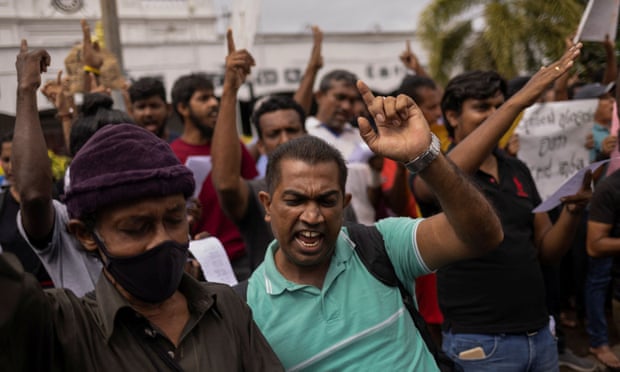Income Inequality: Income inequality refers to the unequal distribution of income among individuals or households within a particular economy or society. It is typically measured using indicators such as the Gini coefficient, where 0 represents perfect equality, and 1 indicates maximum inequality.
Market Failure: Market failure occurs when the free market mechanism fails to allocate resources efficiently, leading to suboptimal outcomes for society. It can result from various factors such as externalities, imperfect information, or the presence of market power.
Market Failure Arising from Income Inequality: Income inequality can lead to significant market failures, affecting various aspects of an economy. Let's explore how income inequality contributes to market failure:
Limited Access to Basic Goods and Services: In a highly unequal society, individuals with lower incomes may struggle to afford basic goods and services, such as education, healthcare, and nutritious food. As a result, their overall well-being and economic productivity are compromised.
Example: In a society with high income inequality, many low-income individuals may not have access to quality healthcare due to unaffordable healthcare costs, leading to adverse health outcomes and reduced workforce productivity.
Reduced Human Capital Formation: Income inequality can hinder human capital formation as individuals from lower-income backgrounds may face limited access to education and skill development opportunities. This affects the labor force's productivity and long-term economic growth.
Example: In a society with minimal income inequality, all individuals have equal access to quality education and skill training, leading to a more skilled and productive workforce that drives economic growth.
Lack of Economic Mobility: High income inequality can create barriers to economic mobility, making it challenging for individuals to move up the income ladder. This perpetuates intergenerational poverty and reduces opportunities for social and economic advancement.
Example: In a society with minimal income inequality, individuals have better chances of upward mobility, regardless of their family background, as equal opportunities for education and employment are available to all.
Decreased Aggregate Demand: When income is concentrated in the hands of a few wealthy individuals, aggregate demand may suffer as the majority of consumers have limited purchasing power. This can lead to reduced economic activity and lower overall output.
Example: In a society with minimal income inequality, a larger share of the population has disposable income, leading to higher aggregate demand and increased consumer spending, stimulating economic growth.
Social Unrest and Political Instability: Extreme income inequality can create social tensions and lead to political instability, as people may perceive the economic system as unfair and favoring the wealthy elite.
Example: In a society with minimal income inequality, social cohesion is strengthened, and political stability is enhanced as people perceive a fairer distribution of resources and opportunities.
Illustration with Minimal Income Inequality: In a society with minimal income inequality, resources are more equitably distributed, leading to improved social welfare and economic efficiency. In such a scenario:
All individuals have access to quality education, healthcare, and other essential services, leading to better health outcomes, increased human capital, and higher productivity.
Economic mobility is enhanced, allowing people to rise out of poverty through education and hard work, leading to greater economic opportunity for all.
A larger proportion of the population has the means to afford goods and services, leading to higher aggregate demand and increased economic growth.
Social cohesion and trust in institutions are strengthened, fostering political stability and cooperation.
In summary, minimal income inequality promotes a fairer and more inclusive society, mitigating market failures and promoting greater overall economic prosperity.



